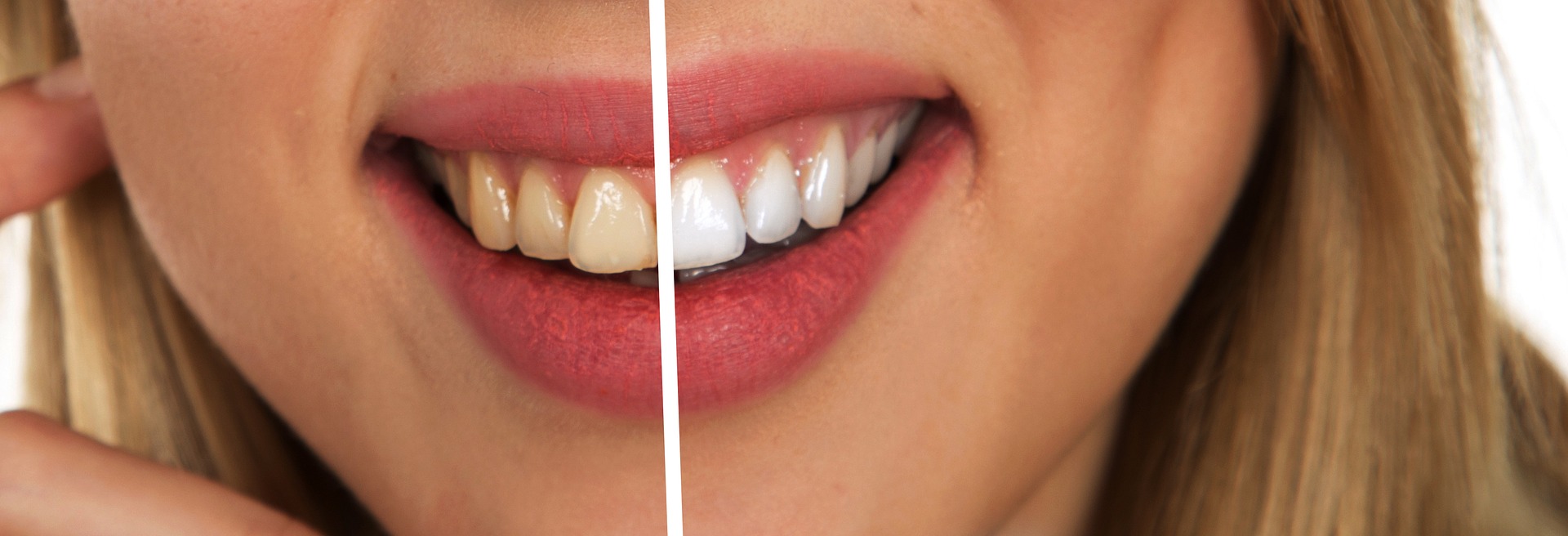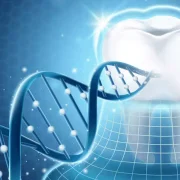It is a common practice to clean the teeth regularly, and it is widely accepted as an important part of dental hygiene. But is it possible that our attempts to keep our teeth clean and healthy are doing more harm than good? Recent studies have been uncovering surprising facts about the effects of teeth cleaning, and the results are shocking. It is now being suggested that the process of brushing and flossing may be damaging our pearly whites and that the best way to keep our teeth clean may be to change the way we clean them. Uncovering the truth about teeth cleaning can help us to make sure that our dental hygiene is truly effective.
What is Teeth Cleaning?
It is a process of removing plaque, tartar, and other debris from the teeth and gums. This is usually done by brushing the teeth with a toothbrush, flossing, and using mouthwash. It is important to clean the teeth regularly to maintain good dental hygiene and prevent gum disease, cavities, and other dental problems. The process of teeth cleaning has been a part of our daily routine for centuries and has been accepted as an essential part of keeping our teeth healthy.
However, recent studies have been uncovering evidence that traditional teeth cleaning methods may be damaging our pearly whites. The abrasive action of the toothbrush bristles, combined with the pressure of flossing, can cause tiny scratches and abrasions on the enamel of the teeth. Over time, this can break down the enamel, leaving the teeth vulnerable to decay, discolouration, and other damage.
How does Teeth Cleaning damage your dentin?
Teeth cleaning, when done correctly and regularly, should not damage your teeth. In fact, professional teeth cleaning can help remove plaque and tartar buildup, which can help prevent tooth decay and gum disease. However, there are some instances when teeth cleaning can cause damage to your teeth, especially when done incorrectly or excessively. Here are some ways teeth cleaning can potentially harm your teeth:
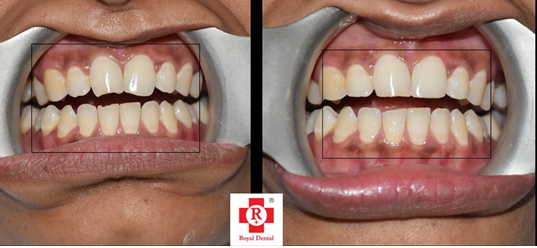
Enamel erosion: Overzealous brushing or cleaning with abrasive materials can wear down the enamel on your teeth. Enamel erosion can lead to tooth sensitivity, discoloration, and even tooth decay.
Gum recession: Aggressive brushing or flossing can cause your gums to recede, exposing the roots of your teeth. This can lead to tooth sensitivity, as well as an increased risk of tooth decay and gum disease.
Damage to dental restorations: If you have dental fillings, crowns, or other restorations, overly vigorous cleaning or the use of certain cleaning tools can damage or loosen these restorations.
Irritation of soft tissues: Some people may experience irritation or bleeding of the gums during teeth cleaning. This can be caused by improper technique or the use of sharp dental instruments.
The Dangers of Conventional Teeth Cleaning
Over brushing: Brushing too hard or too often can damage the enamel of your teeth, causing sensitivity and increasing the risk of tooth decay. Additionally, overbrushing can cause gum recession, which can lead to tooth loss.
Using abrasive toothpaste: Many conventional toothpastes contain abrasive ingredients that can wear down the enamel on your teeth over time. This can make your teeth more susceptible to cavities and other dental problems.
Harsh mouthwashes: Some mouthwashes contain alcohol and other harsh ingredients that can irritate your gums and dry out your mouth, leading to bad breath and other oral health issues.
Exposure to fluoride: While fluoride can be beneficial for strengthening teeth, excessive exposure can lead to dental fluorosis, which can cause white spots and discoloration on teeth.
Neglecting flossing: Many people neglect flossing, which is an essential part of oral hygiene. Flossing helps to remove plaque and food particles from between your teeth, reducing the risk of tooth decay and gum disease.
Benefits of Alternative Teeth Cleaning Methods
Gentle on enamel: Many alternative teeth cleaning methods, such as oil pulling, use natural ingredients that are gentle on your teeth and won’t damage the enamel.
Natural ingredients: Alternative teeth cleaning methods often use natural ingredients, such as baking soda, activated charcoal, and essential oils, that are free from harsh chemicals.
Promotes healthy gums: Some alternative methods, such as oil pulling, can help to reduce inflammation in your gums and promote healthy gum tissue.
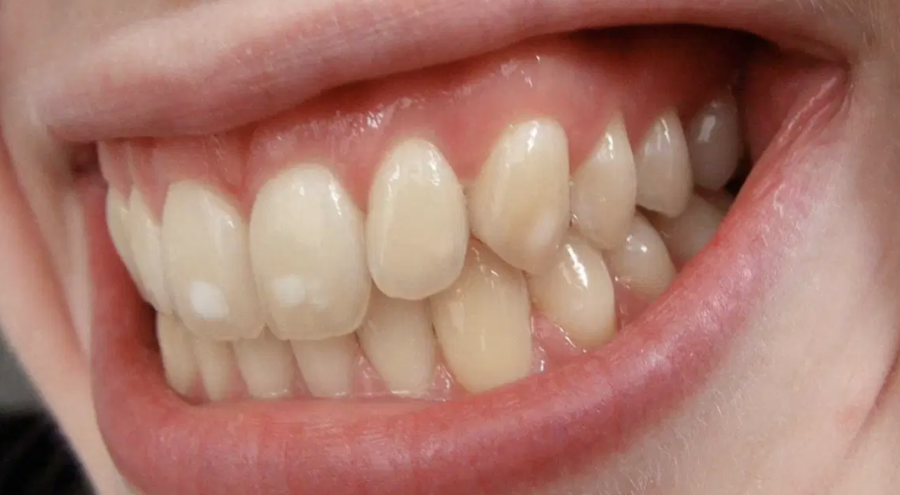
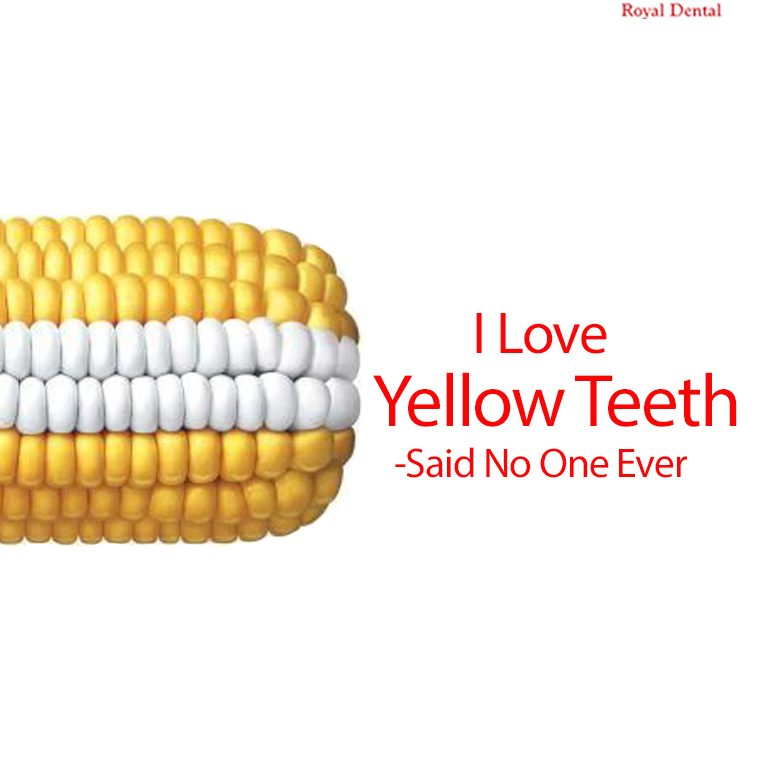
Whitening: Certain alternative methods, such as activated charcoal or hydrogen peroxide, can help to naturally whiten your teeth without the use of harsh chemicals.
Safe for sensitive teeth: Alternative teeth cleaning methods can be a great option for people with sensitive teeth who may experience pain or discomfort with traditional teeth cleaning methods.
Eco-friendly: Many alternative teeth cleaning methods, such as using a bamboo toothbrush, are more environmentally friendly than traditional methods.
Tips for Safely Cleaning Your Teeth
Use a soft-bristled toothbrush: A soft-bristled toothbrush is gentle on your teeth and gums, reducing the risk of enamel damage or gum irritation. Brush your teeth gently for two minutes, twice a day.
Choose a toothpaste with fluoride: Fluoride helps to strengthen your teeth and protect against cavities. Look for a toothpaste that contains fluoride but does not contain harsh abrasives.
Floss daily: Flossing is an essential part of oral hygiene, as it removes plaque and food particles from between your teeth. Use a gentle back-and-forth motion to avoid injuring your gums.
Use mouthwash carefully: If you choose to use mouthwash, choose one that is alcohol-free and does not contain harsh chemicals. Use it sparingly and swish it around your mouth for 30 seconds, then spit it out.
Avoid sugary and acidic foods and drinks: Sugary and acidic foods and drinks can damage your enamel and increase the risk of tooth decay. Instead, choose water, milk, and fresh fruits and vegetables.
Visit your dentist regularly: Regular dental checkups and cleanings can help to identify any potential issues early on and prevent them from becoming more serious.
The Importance of Dental Hygiene
It is important to maintain good dental hygiene to keep your teeth clean and healthy. Cleaning the teeth regularly and correctly can help to prevent gum disease, cavities, and other dental problems. In addition, it is important to visit the dentist regularly for check-ups and professional cleanings. Regular visits to the dentist can help to identify potential problems early and can help to keep your teeth and gums healthy. Finally, it is important to use the right dental care products. Using natural, gentle products can help to keep your teeth clean and healthy without damaging the enamel.
Dental Care Products That Are Safe for Your Teeth
Soft-bristled toothbrushes: A soft-bristled toothbrush is gentle on your teeth and gums, reducing the risk of enamel damage or gum irritation. Choose a brush that is comfortable to hold and fits your mouth well.
Fluoride toothpaste: Fluoride helps to strengthen your teeth and protect against cavities. Look for a toothpaste that contains fluoride but does not contain harsh abrasives.
Water flossers: Water flossers use a stream of water to clean between your teeth and along your gum line. They are gentle on your teeth and gums and can be a great option for people with braces or other dental appliances.
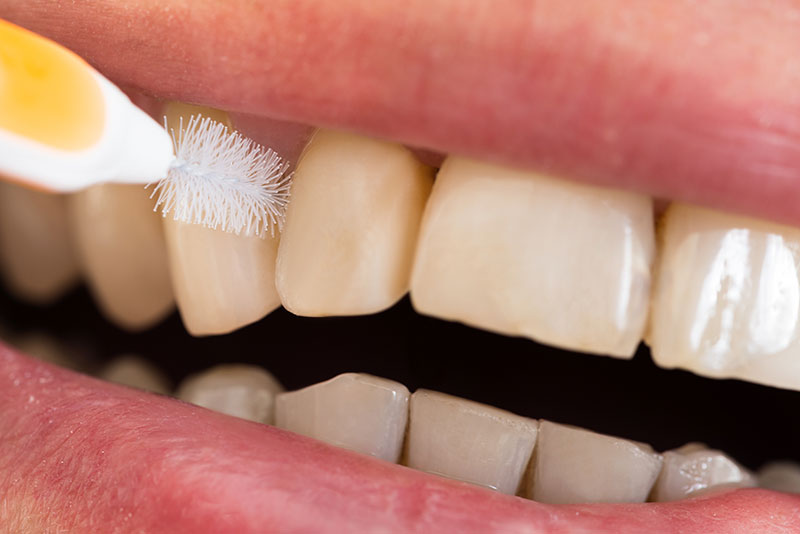
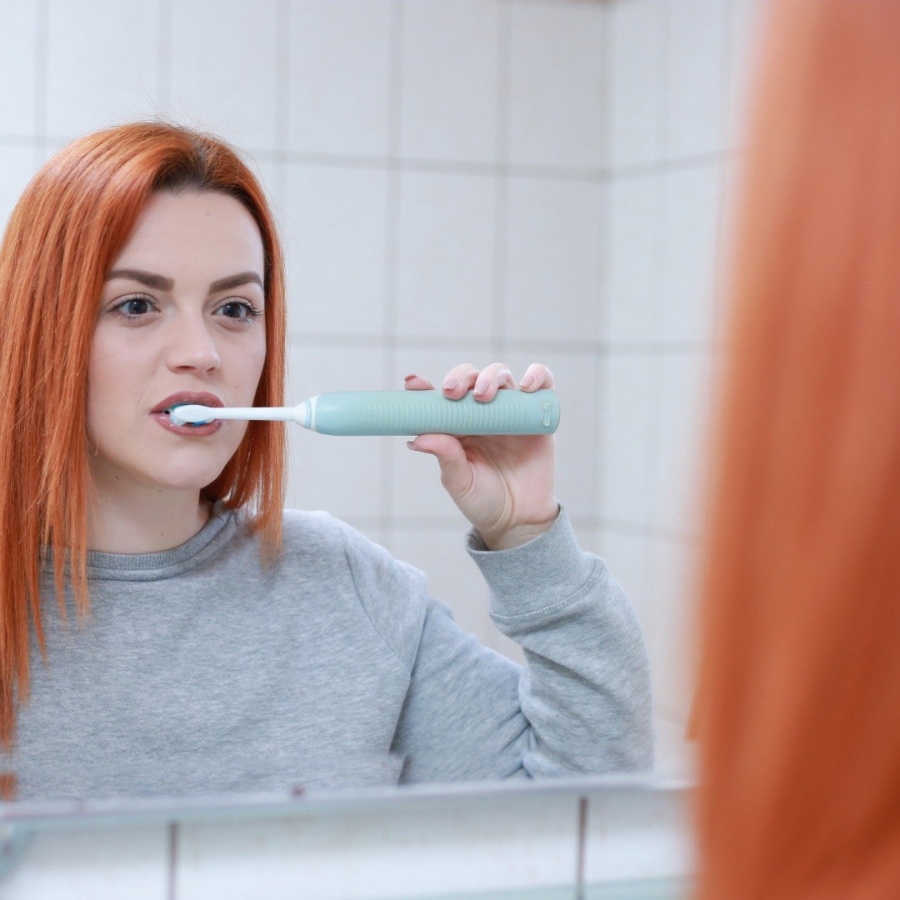
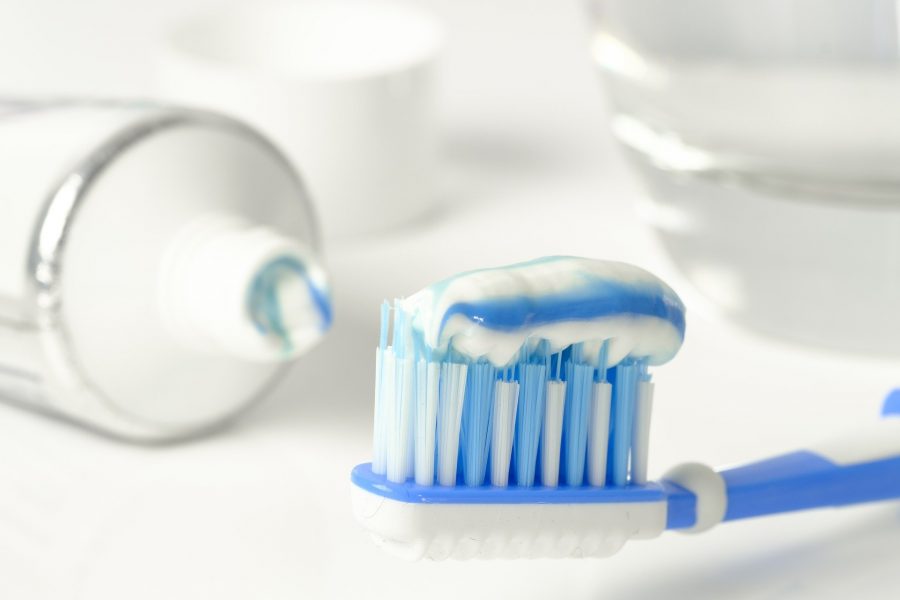
Natural mouthwash: Natural mouthwash can be a great alternative to traditional mouthwash, which can contain alcohol and other harsh chemicals. Look for a mouthwash that is alcohol-free and contains natural ingredients such as essential oils.
Sugar-free gum: Chewing sugar-free gum after meals can help to stimulate saliva production. Which can neutralize acid and wash away food particles. Look for gum that is sweetened with xylitol, which can also help to reduce the risk of cavities.
Tongue scraper: A tongue scraper can help to remove bacteria and debris from your tongue. Reducing the risk of bad breath and improving your overall oral hygiene.
Conclusion
While cleaning is essential for maintaining good oral hygiene, it is crucial to be aware of the potential risks involved. Vigorous brushing or overuse of abrasive toothpaste can lead to enamel erosion and gum damage. Likewise, frequent visits to an untrained dental hygienist may result in unnecessary dental work. Ultimately leading to more harm than good. However, by being diligent in selecting a qualified and experienced dental professional. Using the right products, and practicing good oral hygiene habits. We can ensure that our teeth remain healthy and beautiful for years to come. Remember, prevention is always better than cure. And with proper care, we can avoid the potential damage caused by teeth cleaning and enjoy a lifetime of healthy teeth and gums.
© All rights reserved by Royal Dental Implants Pvt Ltd
Issued in public interest

